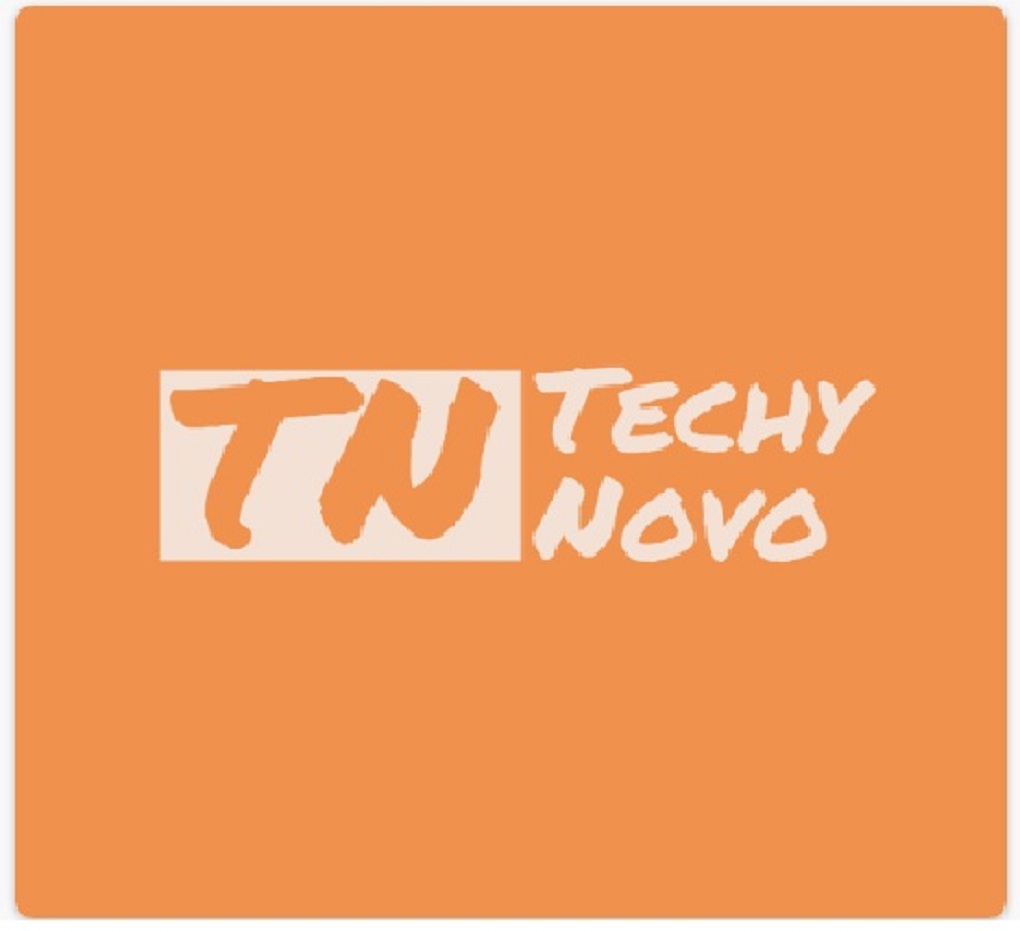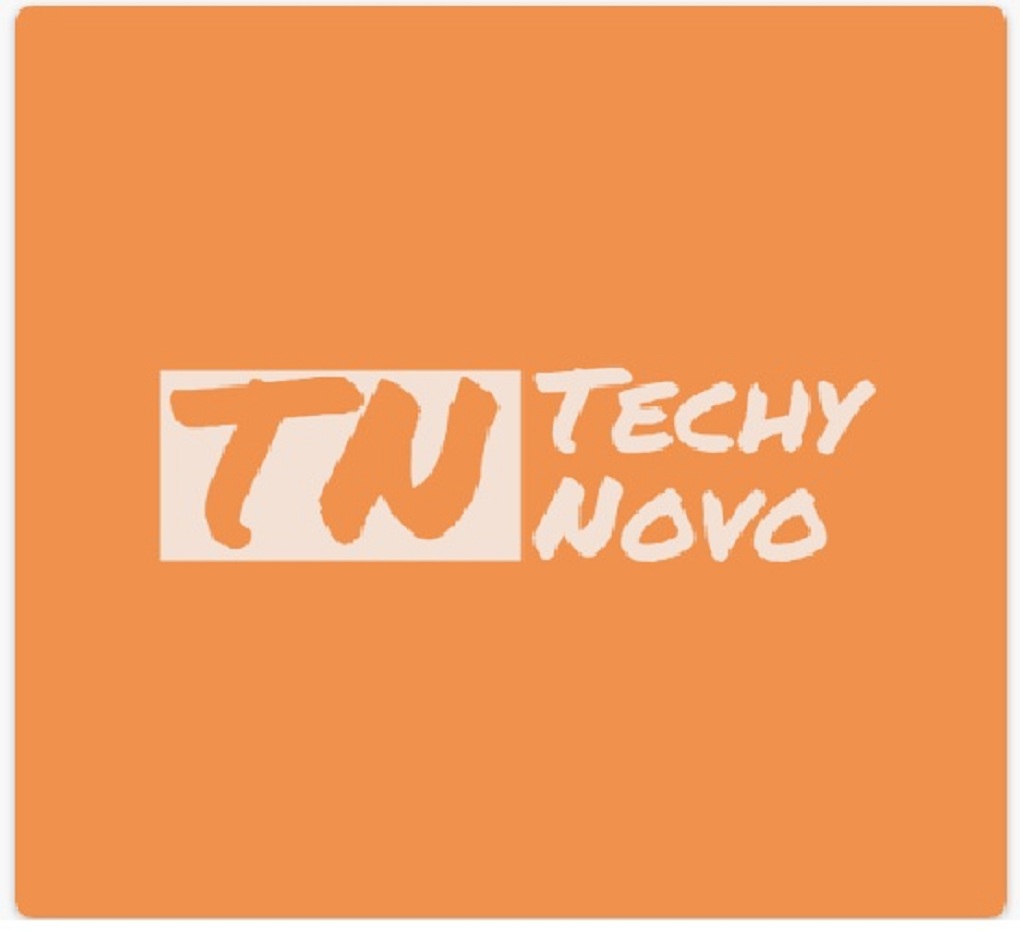We analyzed almost 10 healthcare organizations in order to create valuable content on technologies in healthcare management.
Know what we have got for you.
Top 5 hottest technologies in healthcare management
Faster, effective, and efficient healthcare management!
It is something that many healthcare entities or organizations lack.
But with the below-mentioned technology solutions, they can easily avoid the hassle and bustle of healthcare management.
#1. RPA
RPA (Robotic Process Automation) is a key to success!
Its need:
Healthcare management is surrounded by complex, tedious, and time-consuming repetitive tasks.
Repetitive tasks result in higher operational costs, an additional layer of the work burden, high possibilities of error, and burnout of healthcare workers.
How does RPA help?
It eliminates the need for computer-based repetitive tasks such as manual data entry, medical billing, scheduling, and the list goes on and on.
Its benefits:
- Saves cost and time
- Reduces the operational and resources costs
- Lowers the medical errors
- Eliminates the paperwork
- Reduces the work burden
#2. Patient management solution
A most critical aspect of healthcare management.
Its need:
Clinical and organizational workflows restrict the healthcare professionals to focus on the patient's health needs and care plan.
Tedious appointment booking and scheduling, frustrating waiting room documentation process, the medical billing process, and error-prone communication are day-to-day hassles.
How does tech help?
Patient management software brings peace of mind into the lives of patients and healthcare workers by streamlining the automating patient management tasks.
Its benefits:
- Enhances patient care experience
- Eliminates the waiting hassle
- Speeds up the care delivery process
- Eliminates the error in the medical billing process
#3. Big data
Data is playing a substantial role in healthcare management.
Its need:
The traditional barrier restricts the healthcare organization from deciding, analyzing, performing, and predicting organizational and patient-centric decisions.
How does big data help?
It enables healthcare organizations to make data-driven decisions for patients and organizations in order to avoid all possible obstacles.
Moreover, it also helps in predicting the outcomes so that stakeholders can prepare themselves for any positive or negative crisis.
Its benefits:
- Helps in identifying the clinical and financial risks
- Reduction in costs
- Prevent the errors
- More effective and result-driven decision
- Enhances security
- Lowers fraud possibilities
#4. CRM (Customer Relationship Management)
CRM is a way to keep up the rapid pace in the ever-changing healthcare industry.
Its need:
For healthcare organizations, it is important to build a strong and long-lasting relationship with the patients in order to sustain and grow the revenue along with creating a solid market presence.
How does CRM help?
- Team management
- Medical management
- Marketing
- Comprehensive reporting to make a data-driven decision
- Patient engagement
- Collaboration and communication tools
- Contact and documentation management
Its benefits:
- Enhanced patient communication
- Improves patient retention rate
- Boosts the overall revenue
- Reduces the possibility of the error
- Eliminates the paperwork
- Lowers the administrative workflows
- Allows to provide the personalized care solution with ease
So, these are some of the best technologies in healthcare management that bring peace of mind into every corner of the healthcare ecosystem.
To sum it up
Remember, technology is not the only solution.
It is just a helping hand that improves the efforts of healthcare workers.
But with the pure combination of knowledge, dedication, and technology has the potential to improve healthcare management at almost 10X pace.





